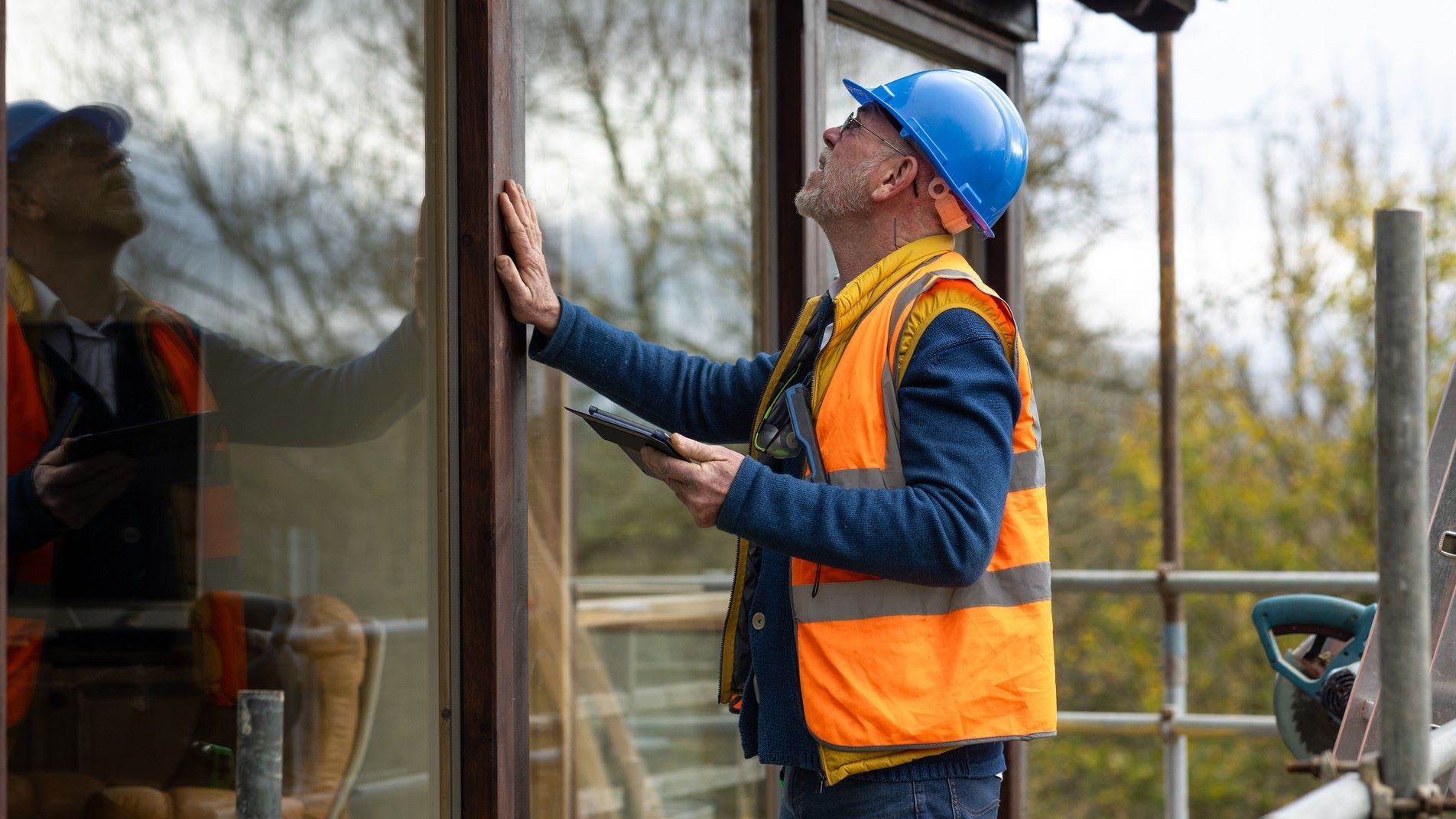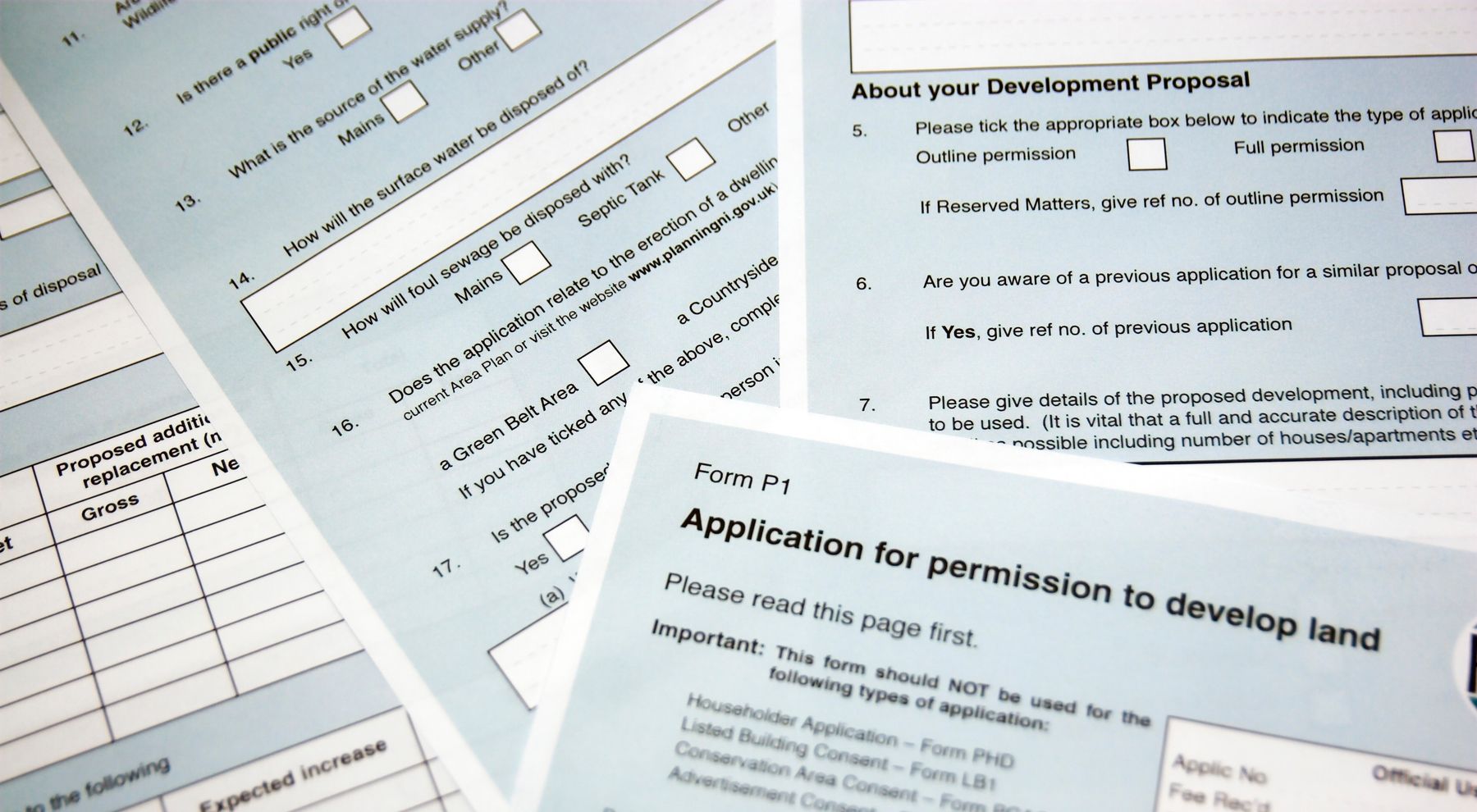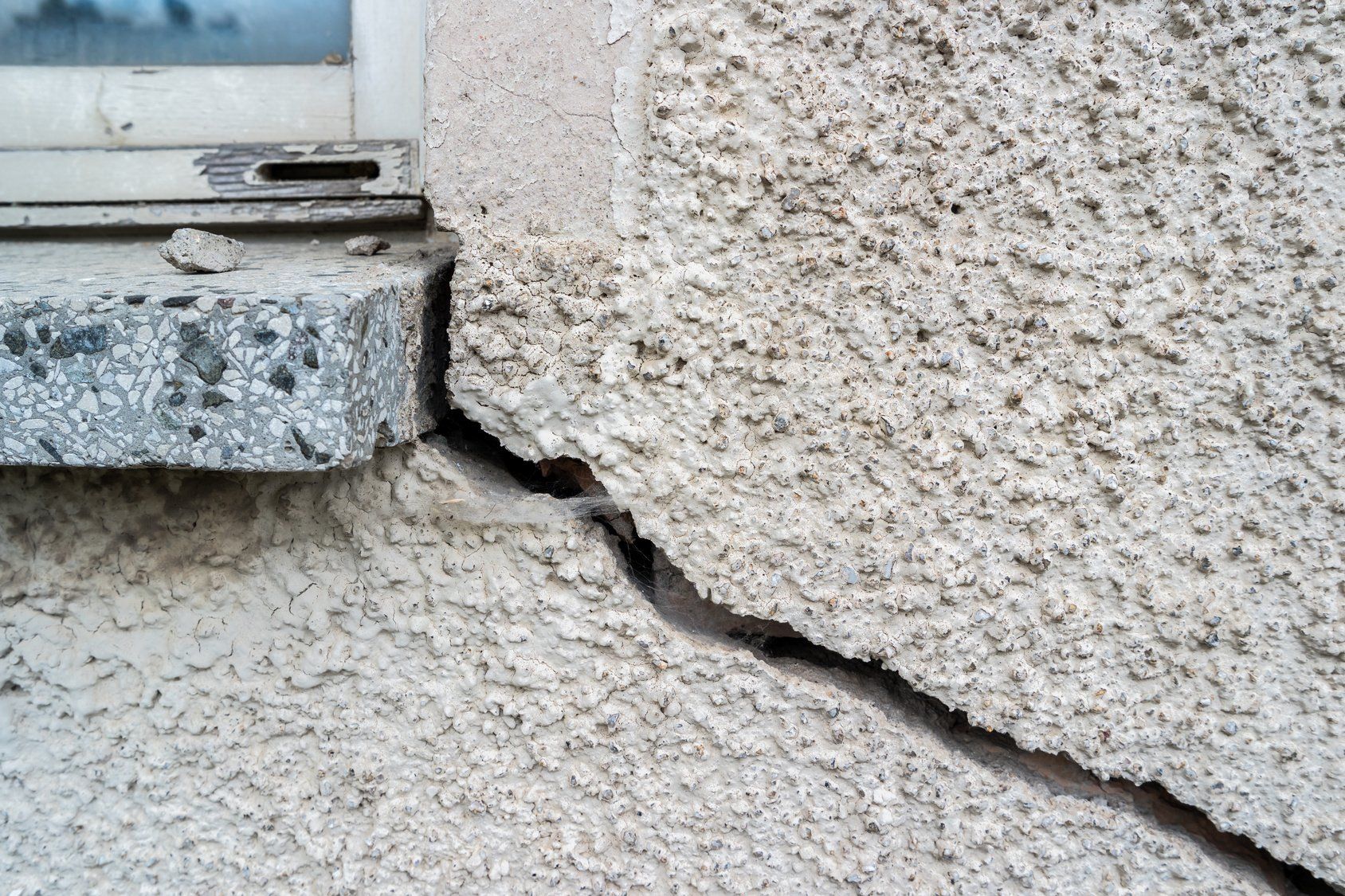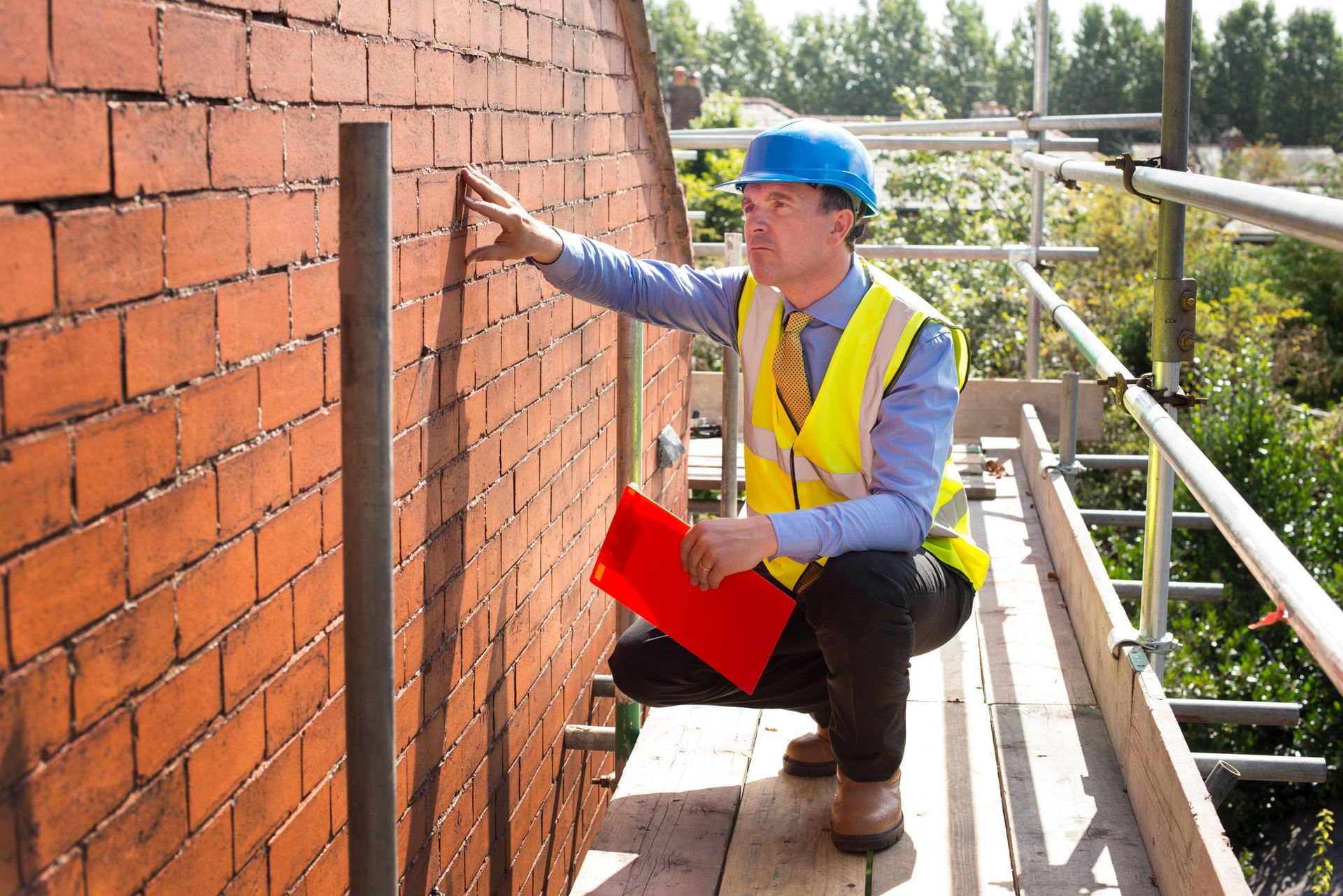What to Do if You Have a Boundary Dispute?

Anyone lucky enough to own their own home will be aware that it’s one of - if not the - most significant purchase you’ll make in your lifetime. If you’re a homeowner, then the property is yours, however in our increasingly crowded cities, it’s becoming rarer to own a home that isn’t attached to another property. If you live in a semi-detached or attached property, then you’ll share what’s known as a party wall with your neighbours. If you plan to carry out any building or extension work that affects one of these walls, then it’s essential to get permission from your neighbours before you go ahead.
Party walls and boundary disputes might sound like very unfamiliar terms if you’re yet to carry out any building work on your property, but if you’re thinking of it in the near future, read on for our brief guide to boundary disputes, and how they can be resolved.
A boundary dispute refers to a disagreement between neighbours over their rights in respect to nearby or adjacent properties. A boundary dispute can take several forms, and refer to disagreements over a party wall (a wall that is equally shared between adjacent buildings), the right to use a neighbour’s land, trespassing issues, and nuisance or noise complaints.
One of the most common boundary disputes is regarding building work which affects a party wall, so we will be mainly referring to this type of dispute further on.
Reasons a boundary dispute may arise
It’s essential to inform your neighbours if you plan on carrying out any building work which affects either a shared party wall, or another form of boundary separation, such as a garden fence. Types of building work might include; an extension or new build which falls on the boundary of your two properties, any digging which goes below the foundation of your neighbour’s property, building a new wall, altering the height of a party wall, or knocking down and rebuilding the wall altogether.
A dispute can arise if you a) fail to give notice of the building work at all, or b) give notice but your neighbours refuse to give consent to your proposed plans.
How can a dispute be resolved?
If you and your neighbours cannot reach an agreement on your own, then you’ll need to appoint a surveyor to settle the matter. A surveyor will be able to assess the situation and come up with a ‘party wall award’; this is a legal document which lays out what work will happen, how and when it will be carried out, and who will pay for it.
If one or both of you doesn’t agree with the terms, then you can make an appeal to the county court within 14 days of receiving the award.
If you’re in need of a professional chartered surveyor to settle a boundary or party wall dispute, get in touch with the team at Simon Levy. We have a wealth of experience giving party wall advice, and can also provide further services such as determining a boundary, advising you on your legal rights, or appearing in court as an expert witness. For more information about our boundary services, give us a call today or visit our website to book an appointment.











